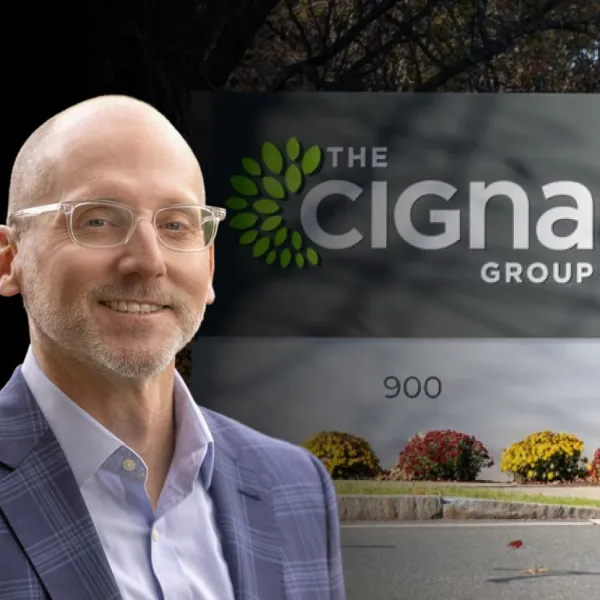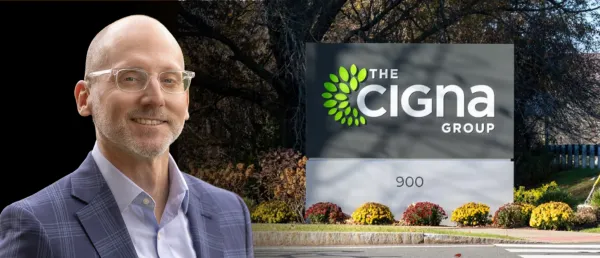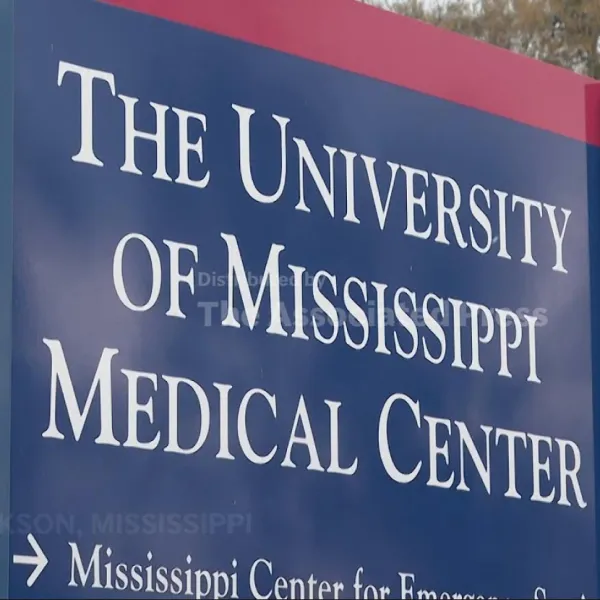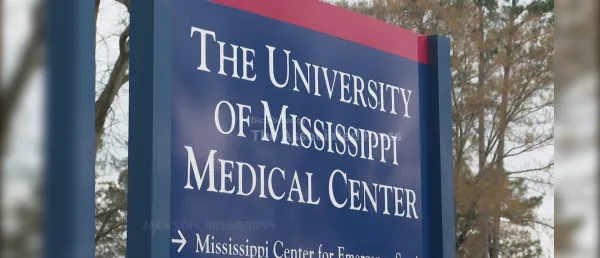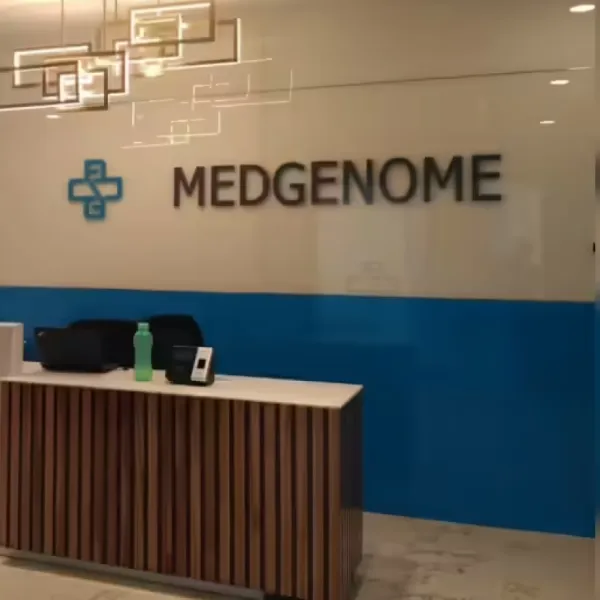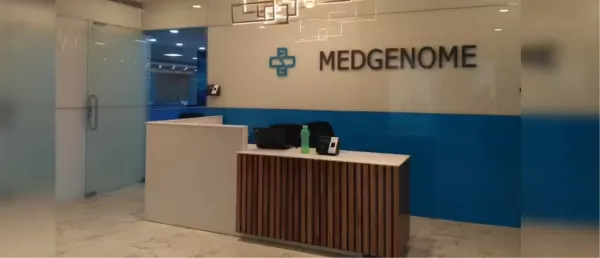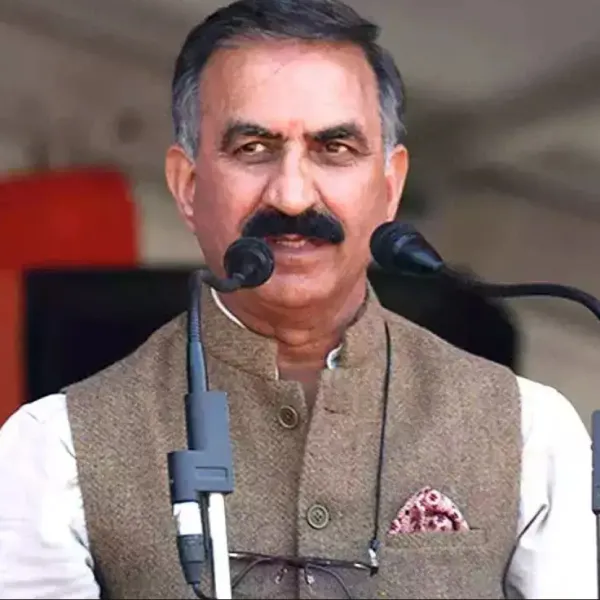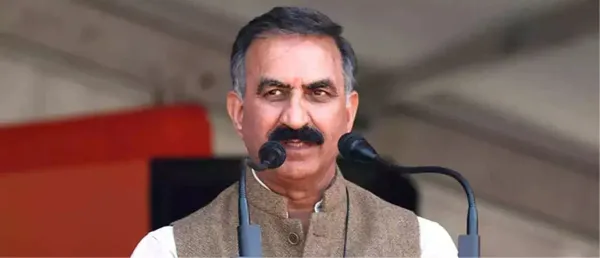Catholic Hospital Leaders Sound Alarm on Proposed Medicaid Cuts

During a webinar organized by the Catholic Health Association of the United States, executives said that millions could lose coverage and hospitals would face growing pressure to deliver uncompensated care.
Catholic health system leaders raise alarms over proposed Medicaid cuts, warning of reduced access, hospital strain, and widespread consequences beyond low-income patients.
Leaders from major Catholic health systems have raised serious concerns over proposed Medicaid funding cuts, warning that such measures would not only harm low-income families but also have far-reaching consequences for the entire healthcare system.
During a webinar hosted by the Catholic Health Association of the United States, Sister Mary Haddad, president and CEO of the Catholic Health Association, said, “These provisions could result in coverage losses for millions of people, creating new administrative barriers for families, providers, and states. Congress should not take America down a dangerous path of reducing access to health care in the United States.”
Cuts May Lead to Service Reductions and Closures
Eduardo Conrado, president of Ascension, cautioned that the proposed Medicaid reductions would severely disrupt access to care. “These cuts will harm real people. They would reduce access to care, especially for those already facing barriers in many states,” he said. He added, “Cuts of this scale would deepen financial pressure on hospitals, shift even more burden into the private sector, and limit access for everyone, not just those covered by Medicaid.”
Mike Slubowski, president and CEO of Trinity Health, noted the direct impact such policies would have on patients and healthcare infrastructure. “Let’s be clear, we can’t cut hundreds of billions from Medicaid without hurting people and weakening communities. When people lose coverage, they skip checkups, they stop taking medications, and eventually show up in the ER sicker and in need of more costly care that could have been prevented,” he said.
Impact on Rural and Preventive Care
Erik Wexler, CEO of Providence, pointed to broader systemic challenges. “When Medicaid suffers, the entire country suffers, because people that are dependent on having access for preventative care need this type of coverage so that they don’t get sicker and wind up in our emergency departments and our ICUs.” He characterized the situation as a “poly-crisis” involving inflation, labor shortages, tariffs, and now, proposed cuts to Medicaid.
Joe Hodges, regional president of SSM Health in Oklahoma, highlighted the vulnerability of rural communities. “It is a crisis in rural health care. Any challenges associated with removing access or funding to rural hospitals will make them even more vulnerable.”
Health system leaders also rejected proposed work requirements, warning of increased administrative costs and reduced coverage. Slubowski emphasized, “States that have attempted to impose work requirements have spent more managing that initiative than they have spent providing Medicaid coverage to those who need it.”
As lawmakers consider changes to Medicaid, Catholic health systems are urging Congress to recognize the broader implications for the nation's healthcare access and infrastructure.
Stay tuned for more such updates on Digital Health News









